It was a big day in Canada on Monday. It was the federal election, or when the country's voters choose their new national government!
If you just looked at who was prime minister before and after the election, you might ask, what's changed? The morning after, Liberal Party leader Justin Trudeau is still the prime minister of Canada. But there's a new term attached to his leadership that wasn't there the day before: minority government.
Trudeau celebrates winning a second term as prime minister last night. (Getty Embed)
And this makes all the difference in the world.
What is a minority government?
Parliament Hill, where the Canadian government works. (Getty Embed)
In Canada, voters don't actually vote for a single leader. Instead, they vote for their local Member of Parliament, or MP — the representative of their riding (or region) in the House of Commons, a.k.a. the government. Each of the 338 ridings across Canada get a seat in the House. To win as many seats as they can, each political party tries to have candidates in as many ridings as possible.
In some ways, this process is very simple. Whichever party wins the most seats gets to head the government and their leader becomes prime minister. In 2015, the election results looked like this:
Liberal: 184
Conservative: 99
New Democratic Party (NDP): 44
Bloc Quebecois: 10
Green Party: 1
With 184 seats, Trudeau and Liberals had more seats than all of the other parties combined. This meant that they had won a majority government. (In Canada, a majority is won by getting 170 seats or more. Here's the math: 338 seats divided by 2 = 169 + 1 = 170!)
Minor issues
Andrew Scheer and the Conservatives won more seats than in 2015... just not quite enough. (Getty Embed)
But that was 2015. Now let's look at last night's result.
Liberal: 157
Conservative: 121
Bloc Quebecois: 32
NDP: 24
Green Party: 3
People's Party: 0
Independent (no party): 1
With 157 seats, Trudeau and Liberals still have more seats than any single party. But not more than all of the other parties combined. They are under 170 seats. This result is a minority government. And it will affect how they govern.
Every time a government wants to pass a law or change a policy, the MPs must vote. In a majority government, it's very easy for the ruling party to do what they want. All they have to do is vote as a party and they will easily get the 170 votes they need.
But in a minority government, governing gets more complex. Now the ruling party has to work with MPs from other parties to get the votes they need. This means compromising and reaching out to political opponents.
Is a minority better?
Jagmeet Singh and the NDP had an up-and-down year, but he knows that they can play a big part in a minority government. (Getty Embed)
That depends on who you ask. With just 157 seats, now Trudeau must find at least 13 other MPs to agree with anything that he wants to do. So if you're a Liberal, you don't like this because it can mean making changes and compromises that you'd rather not make.
But if you're a member of some of the other parties, you will welcome a minority government. It gives everyone a chance to get involved more. In fact, even some MPs in the Liberal Party itself might find that they are more listened to than before, now that Prime Minister Trudeau really needs everyone's help. You know that saying 'Every vote counts'? That's a minority government.
So who is happy with last night? Who is disappointed? Let's end this with a quick scorecard for the six parties who entered the 2019 election.
2019 election party happiness scorecard!
Bloc Quebecois leader Yves-Francois Blanchet had an excellent day. (Getty Embed)
Liberals: Pretty okay! Yes, you lost almost 30 seats and your majority. But after some heavy scandals in 2018 and 2019, you held on to power and are looking forward to moving on.
Conservatives: Could be worse, could be better. Yes, you gained over 20 seats. But this was a big chance to get ahead of a weakened Liberal party. You're disappointed you didn't do more to stop your biggest rival.
Bloc Quebecois: Whoot! C'est magnifique! You only had 10 seats before this. Now you're sitting pretty with 32. And when Trudeau is looking for some help, he might come running to you!
NDP: Hmm... well. Only two elections ago, you had 103 seats. In 2015, it was 44. So 24 doesn't feel that great, except... Trudeau is also going to be looking to you for help in ways he never had to before. Less seats, more power?
Elizabeth May (left) and the Greens made strong steps, while Maxine Bernier and his brand new People's Party might already be over. (Getty Embed)
Greens: This is good. Three seats is your best showing ever! But you had hoped to do as well or even better than the NDP this time around, so the night is bittersweet.
People's Party: Bummer. This was your first federal election, but based on the result (zero seats), it will probably be your last.
Jody Wilson-Raybould will stand alone in this new government. (Getty Embed)
Independent: Not bad! This year, two former Liberal MPs who each had falling out with the party decided to run as independent candidates. Though one of you (Jane Philpott) lost, Jody Wilson-Raybould, you won! Congratulations!
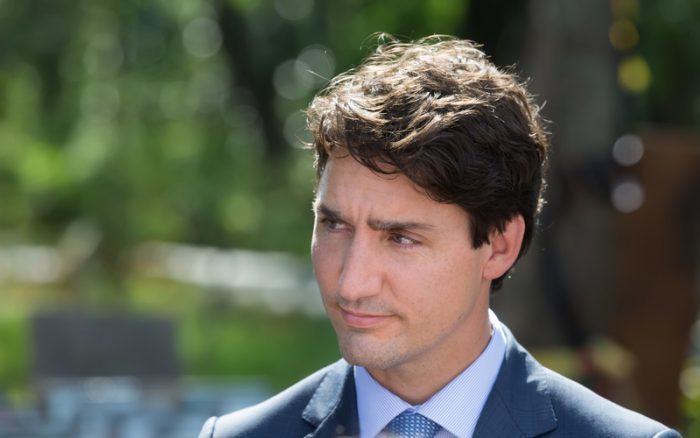 Prime Minister Trudeau is going to have to do a lot more listening in his new government. (© Palinchak - Dreamstime.com)
Prime Minister Trudeau is going to have to do a lot more listening in his new government. (© Palinchak - Dreamstime.com)


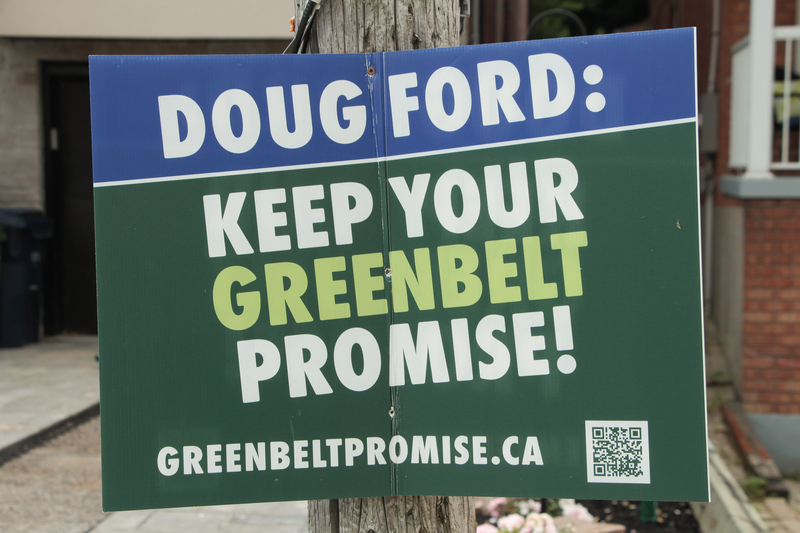
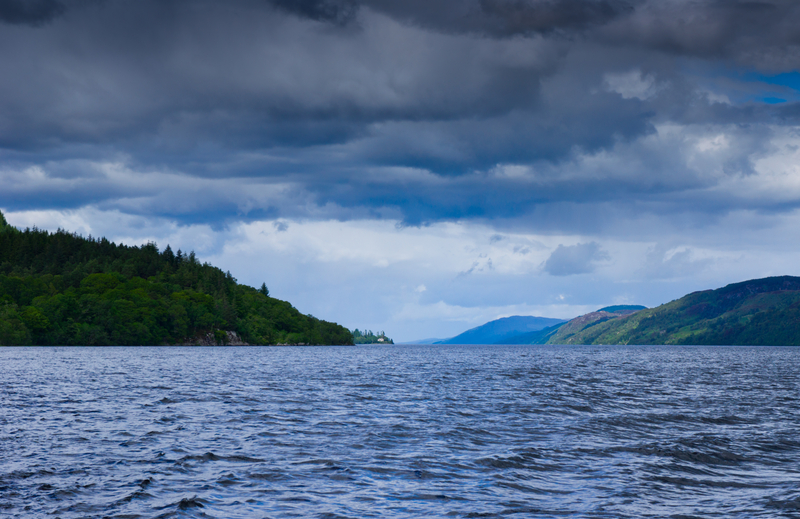
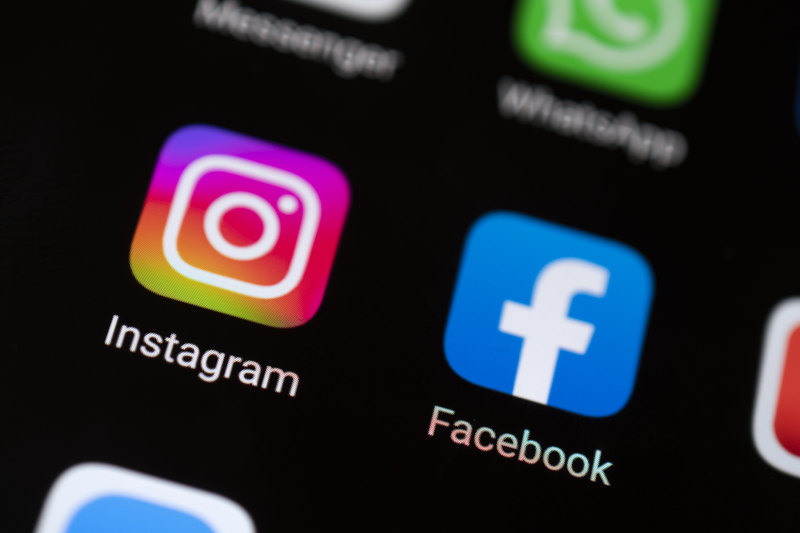
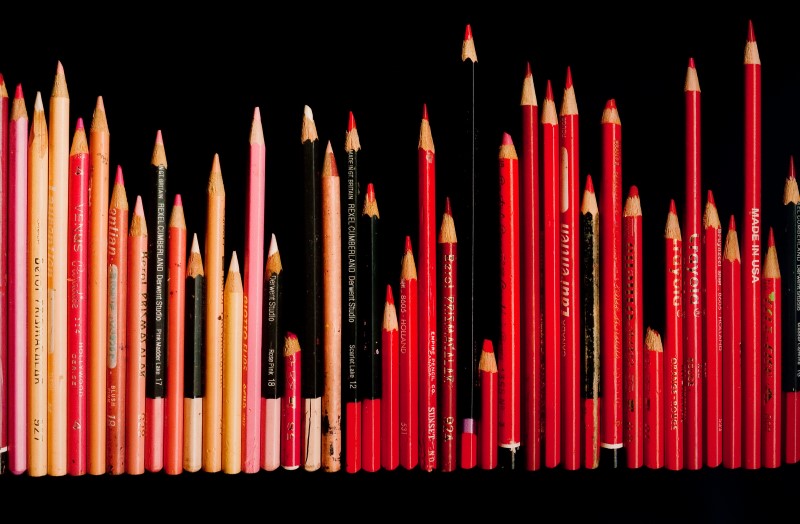
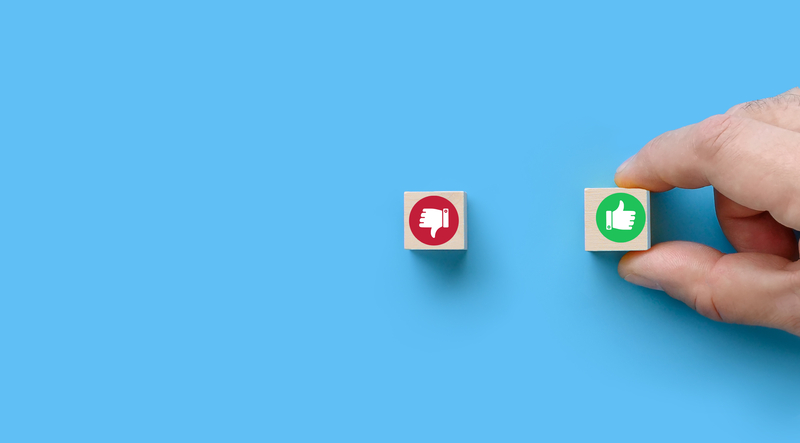
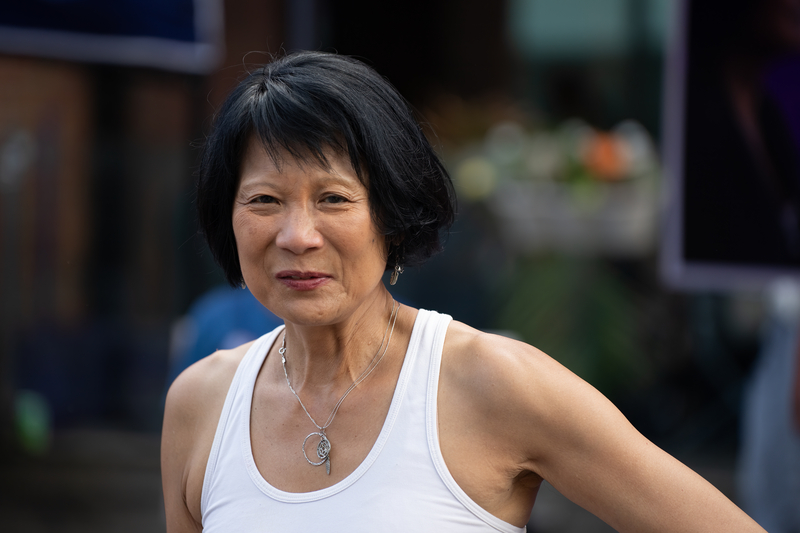
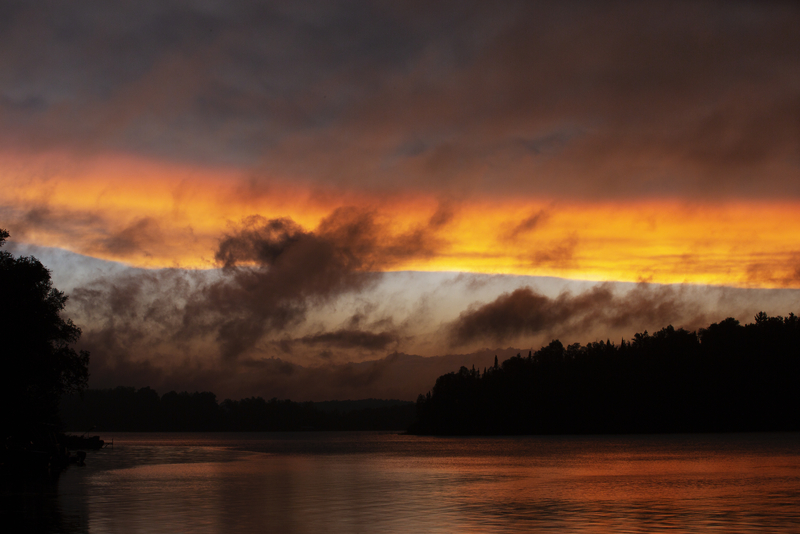
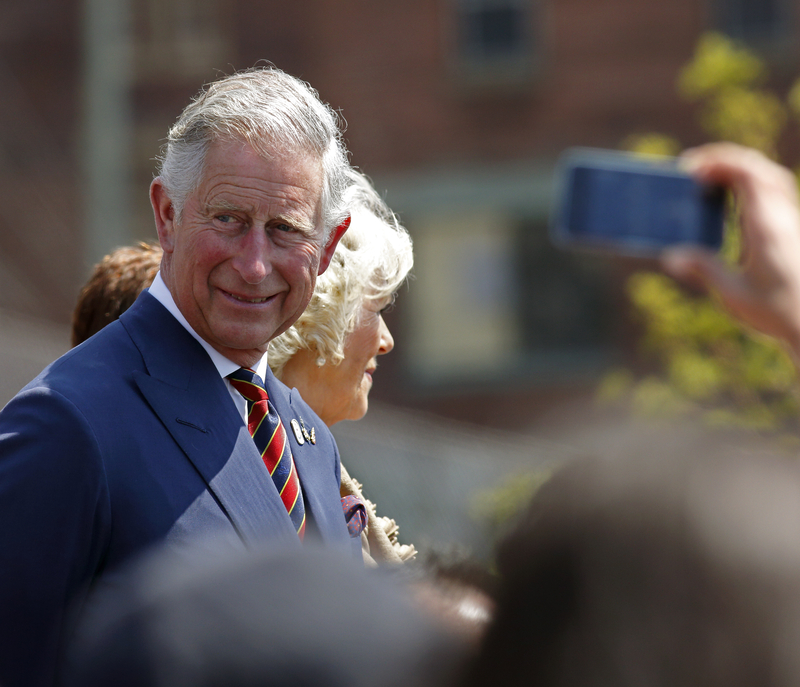
I kind under stand what a minority is a lot better than before
Great explanation thanks from a mom confused and trying to explain it to her kiddos! Thank you Owl once again!
Thank you for clearing that up my mom didn’t explain it as well she still seems to think I’m a five-year-old
Now I understand!!!!! WOW!!! Thanks Owl!!!!!!!